
Visitors shop for duty-free cosmetics at a shop in Haikou, Hainan province in June. (WANG CHENGLONG/FOR CHINA DAILY)
Chinese consumers have become more rational and are carefully reviewing their needs, tending to scrutinize their consumer spending amid the COVID-19 pandemic, according to a report by global consultancy Accenture.
The pandemic has fundamentally altered Chinese consumers' philosophies of consumption, making them more restrained and pragmatic, said Eric Hor, managing director of Accenture Strategy &Consulting Greater China.
"In addition to restraining their shopping impulses and reducing unnecessary expenditures, people have begun to conduct in-depth research and thorough comparisons before deciding on what to buy, and regard the selection process as an integral part of the consumer experience," he said, adding they are paying more attention to the value of the things they buy.
When making a shopping decision, people tend to care about their own needs and preferences, rather than the perspectives and comments of others, the report stated.
However, the needs of family members are still important when it comes to purchasing big-ticket items, such as cars and home appliances. On average, 70 percent of the interviewees put their families' needs above their own, particularly when budgets are limited.
The report said with the rise in living standards and the availability of more services, the Chinese people tend to pursue a better work-life balance and pay for convenience, which has accelerated the growth of online shopping channels. People are also increasingly willing to spend more on fitness and personal education, and pay a premium for green and environmentally friendly products.
Chinese consumers have a strong desire to try new things, as they are open and positively inclined to use digital technologies, evidenced by their embrace of a variety of intelligent devices ranging from smartphones to smart homes, Hor added.
Companies should not only improve their product quality and customer experience but also take into account their products' cost-effectiveness, which requires them to focus on the specific needs of segmented customer groups and scenarios, highlighting the features that consumers care most about, the report added.
Also, with consumers now accustomed to comparing products across multiple channels, companies should ramp up efforts in omnichannel marketing and services. Online and offline experiences that complement each other are a key way to impress rational consumers.
According to the National Bureau of Statistics, retail sales of consumer goods, a significant indicator of China's consumption strength, slipped 0.2 percent year-on-year to 13.81 trillion yuan ($2.1 trillion) in the first four months. In April alone, retail sales declined 11.1 percent year-on-year to 2.95 trillion yuan mainly due to the resurgence of domestic COVID-19 cases.
Zhang Xun, managing director of Accenture Strategy &Consulting Greater China, said people's purchasing demands have been suppressed by the pandemic, but he is upbeat about the medium and long-term development of the consumption market.
He estimated China's consumer market growth is expected to see a recovery this year on the back of more supportive policies from the government to shore up consumption, saying enterprises should constantly innovate to adapt to the changes in the external environment.
In addition, consumers in third-tier cities and even smaller ones are more dependent on online channels, and they prefer to buy apparel and accessories, electronic devices, and beauty and skincare products online, according to Accenture.
Zhang said international brands have not yet established a significant competitive edge in lower-tier cities, and respondents in lower-tier markets are willing to buy domestic brands because of their outstanding cost-effectiveness.
In the long run, fully tapping the consumption potential, and upgrading the channels and services of lower-tier cities and rural areas will remain key measures to fuel the recovery of consumption in China, the report said.
Compared with their peers in first- and second-tier cities, consumers in smaller cities are more willing to spend on everyday commodities and services, with livestreamed shopping highly accepted among consumers in these areas. They also expect to see substantial improvements in the supply and quality of services in medical care and education.
Zhang said consumers in lower-tier cities are also inclined to obtain information by asking their acquaintances and reviewing online evaluation platforms such as Xiaohongshu and others before making their final purchase decisions.
Businesses looking to grow their market share and sales in lower-tier cities should constantly improve the function, design and quality of their services, and also continually expand and enhance their product-related services to better meet the needs of consumers, Zhang added.
Mo Daiqing, a senior analyst at the Internet Economy Institute, a domestic consultancy, said lower-tier markets are a significant engine for driving the continued growth of new users and boosting consumption, thus helping promote the recovery of the real economy.












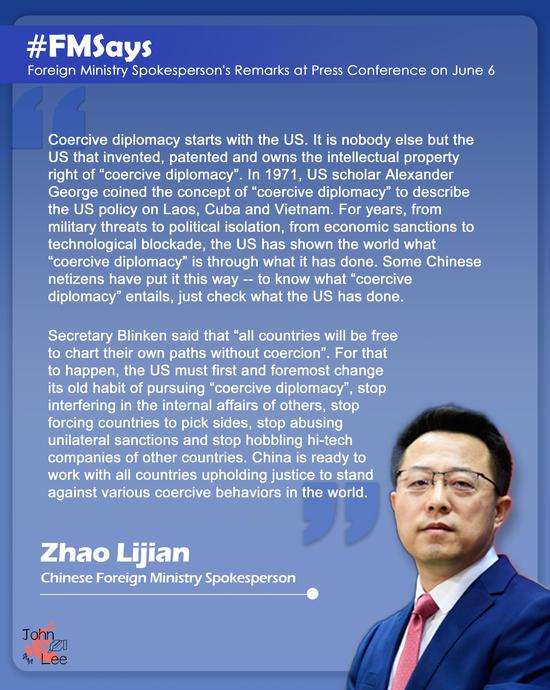
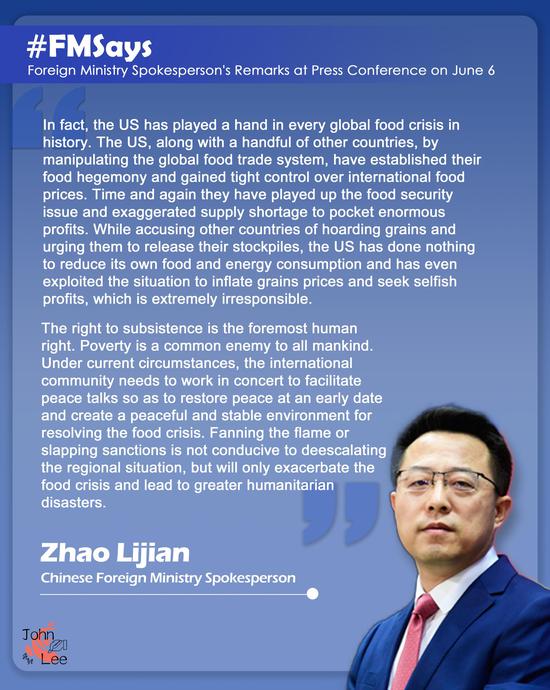
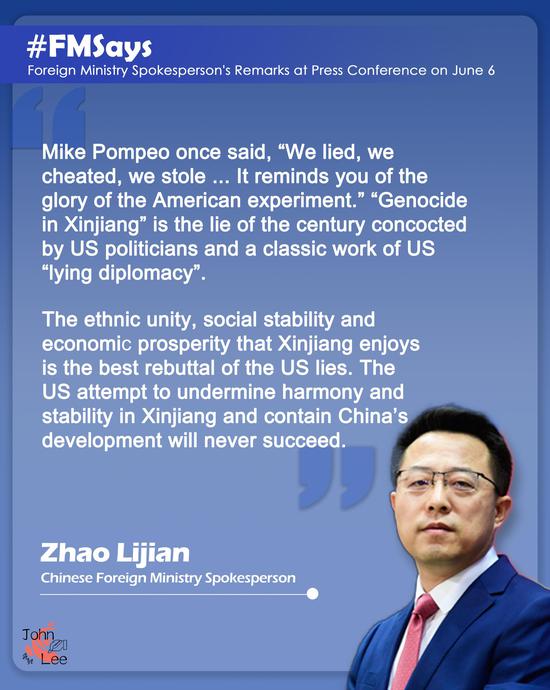

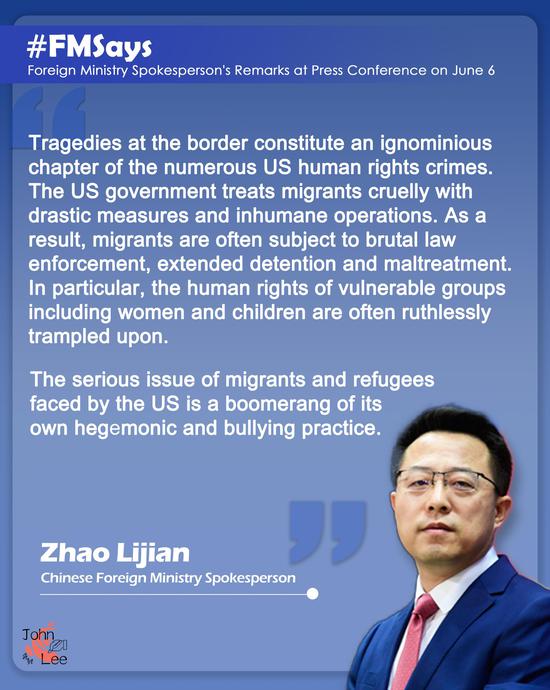







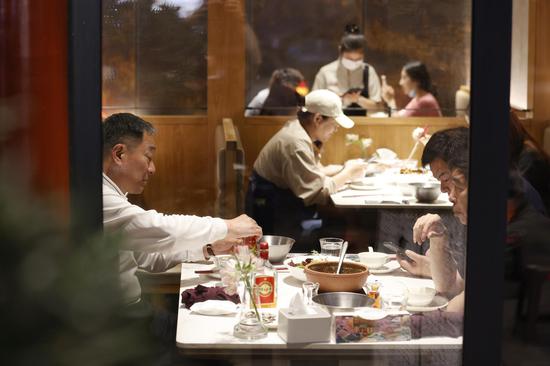














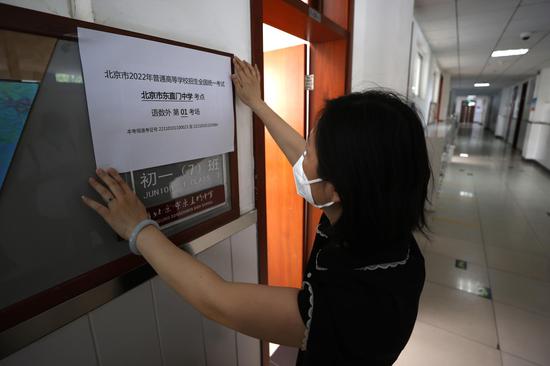










 京公网安备 11010202009201号
京公网安备 11010202009201号